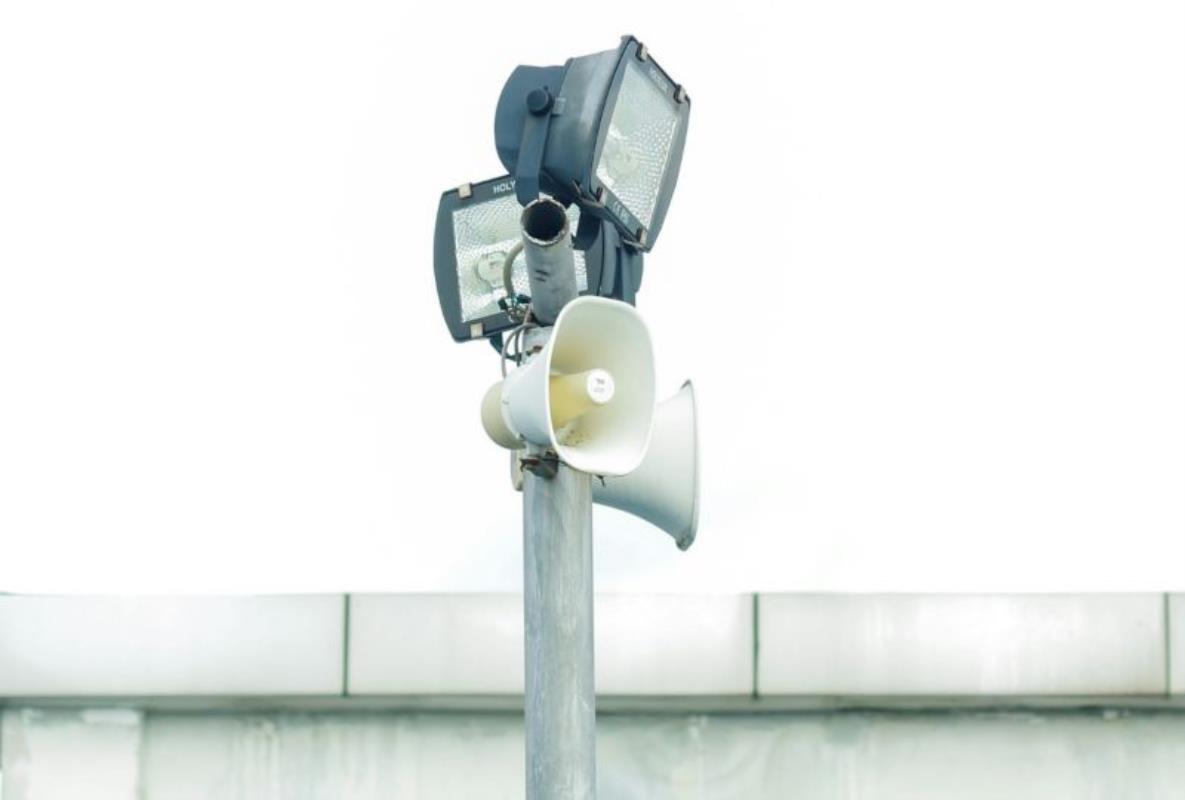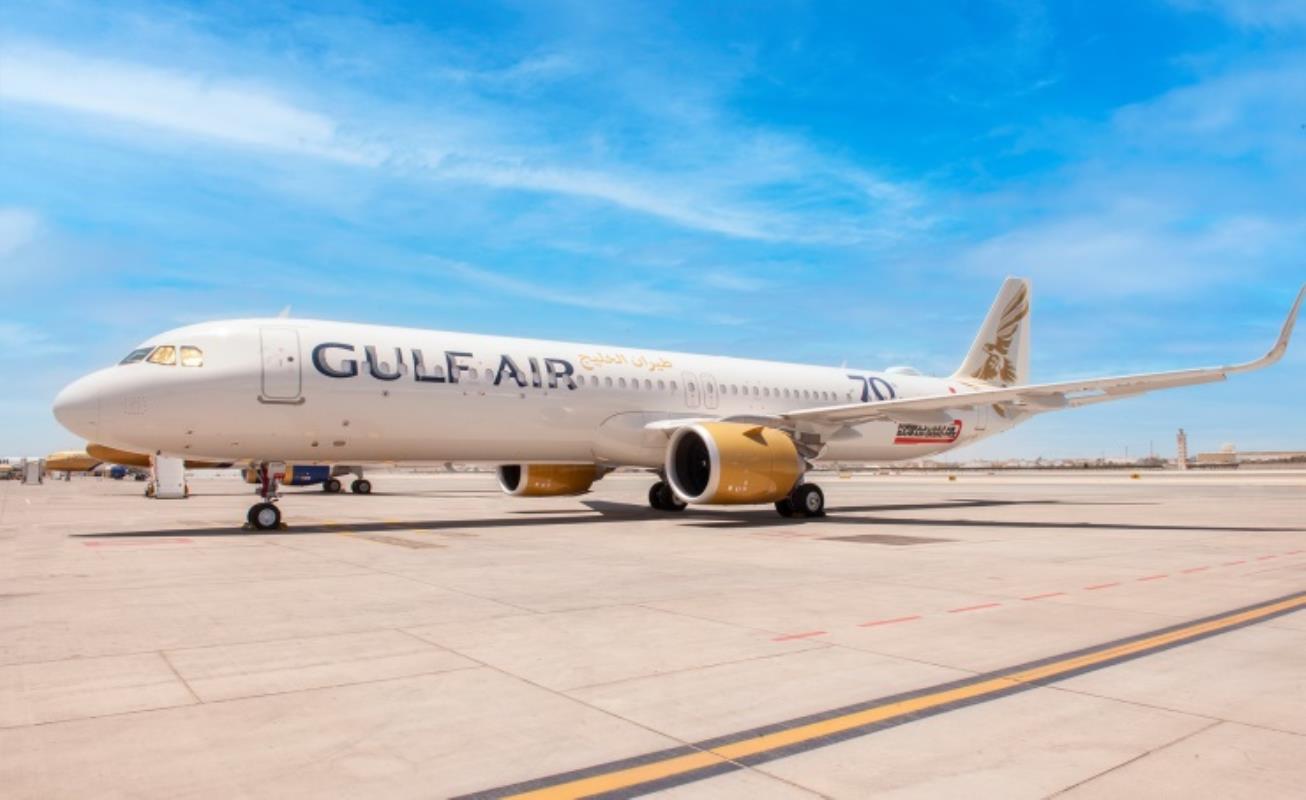As the Covid-19 coronavirus spreads around the world, many businesses are struggling to stay afloat as economies despair over the disruption to daily life. Few have been hit harder than the aviation industry, as air travel between nations has come to a virtual halt.
Between shelter-in-place orders, border closures, travel bans and social distancing advisories, demand for air travel has also plummeted, leading airlines to suspend routes, cancel flights, ground huge portions of their fleets and give early retirements to older planes.
Flights that are still operating are often nearly empty as travellers are cancelling their bookings en masse for fear of contracting the virus or being stranded as more countries continue to close their borders and airlines unpredictably change their flying schedules.
As airlines continue to cut both long-haul and short-haul flying, in some cases reducing their capacity to 70 per cent for April, they're running out of places to store their grounded planes. Retired planes can go to typical storage facilities, dubbed ‘boneyards’ within the industry, where they can be stored, scrapped or stripped for parts.
But for planes that are just temporarily grounded, boneyards aren't always an option. These aircraft require regular maintenance and inspections, even when grounded, in order to stay in flightworthy shape.
To that end, some airlines are storing more planes at airports. With fewer flights taking off, airports aren't necessarily using as many runways or taxiways as they normally would be, meaning airlines can store their active, but grounded, fleets there.
Satellite photos have revealed collections of planes large and small that sit idle as the travel industry waits to return to normal.
To maximize the space, planes have been towed and parked closely together, where technicians can work and get them back into service quickly once demand for air travel picks up.
As well as the logistical nightmare of where to store planes, it’s turning into an economic catastrophe for practically every airline and employees are in limbo too.
In the UK, it was announced this morning that British Airways, which used to run daily flights to and from Bahrain, will suspend around 36,000 staff.
The airline, which grounded much of its fleet due to the coronavirus crisis, has been negotiating with the Unite union for more than a week. The two sides have reached a broad deal but are yet to sign on some details.
The agreement means that up to 80 per cent of BA cabin crew, ground staff, engineers and those working at head office will have their jobs suspended but no staff are expected to be made redundant.
The decision will affect all staff at Gatwick and London City Airport after the airline suspended its operations at both locations until the crisis is over.
Those affected are expected to receive some of their wages through the UK government's coronavirus job retention scheme, which covers 80 per cent of someone's salary capped at a maximum of £2,500 a month.
Over the next three months, the International Air Transport Association expects airlines to rack up losses of almost $40bn (BD15.1bn). It said carriers were burning through their cash reserves fast, mainly because of the cost of refunding tickets for cancelled flights.











































































